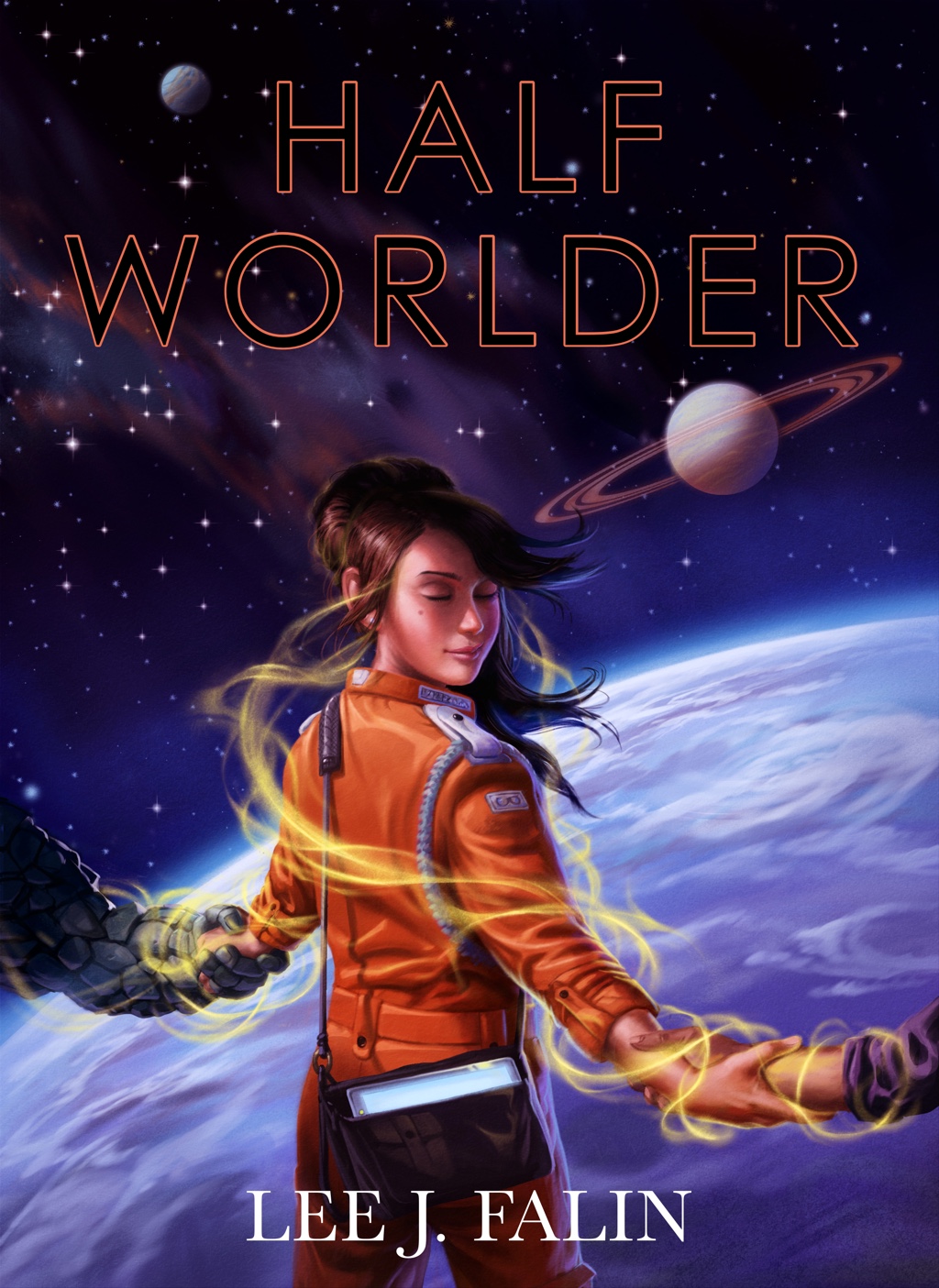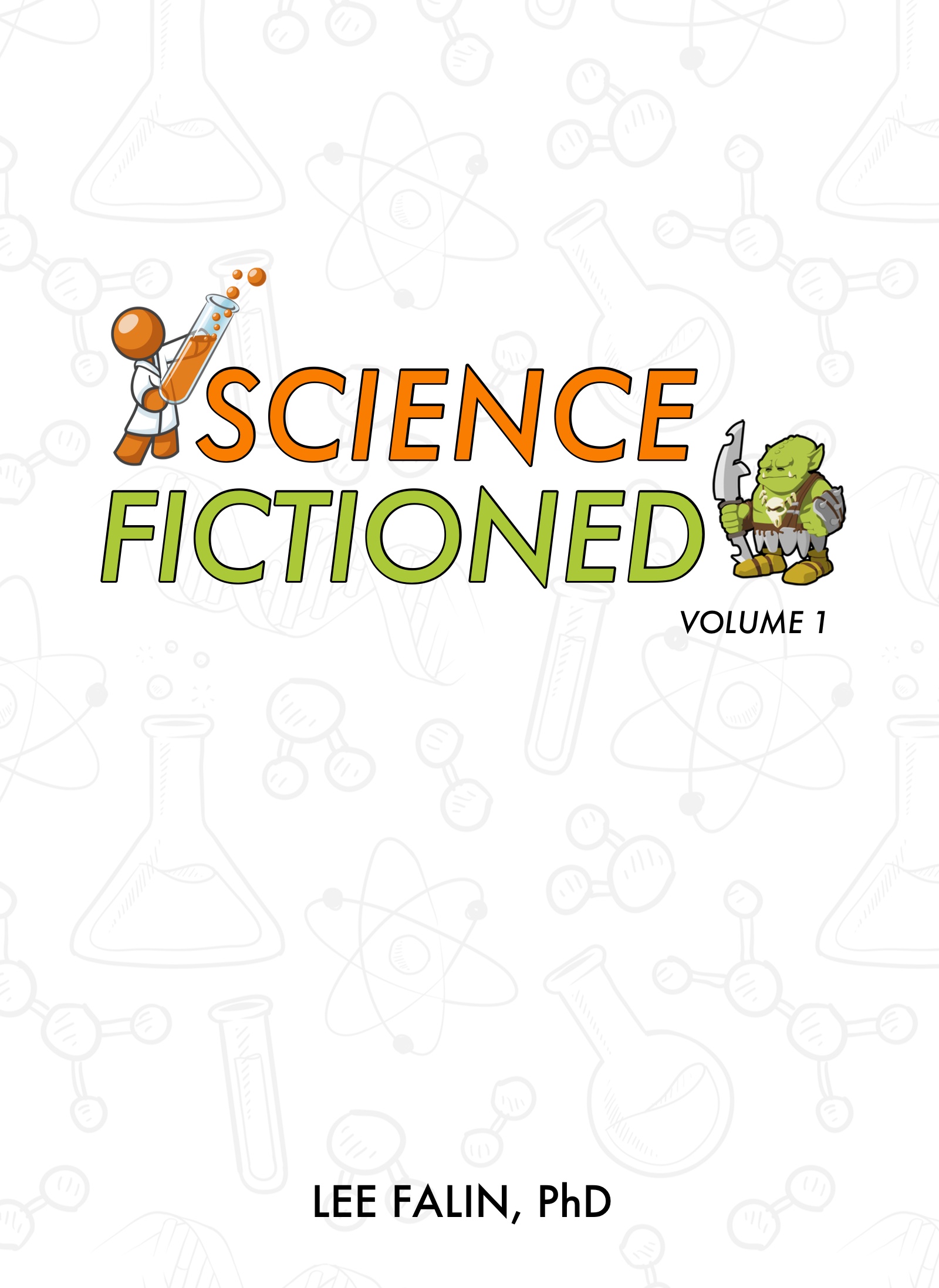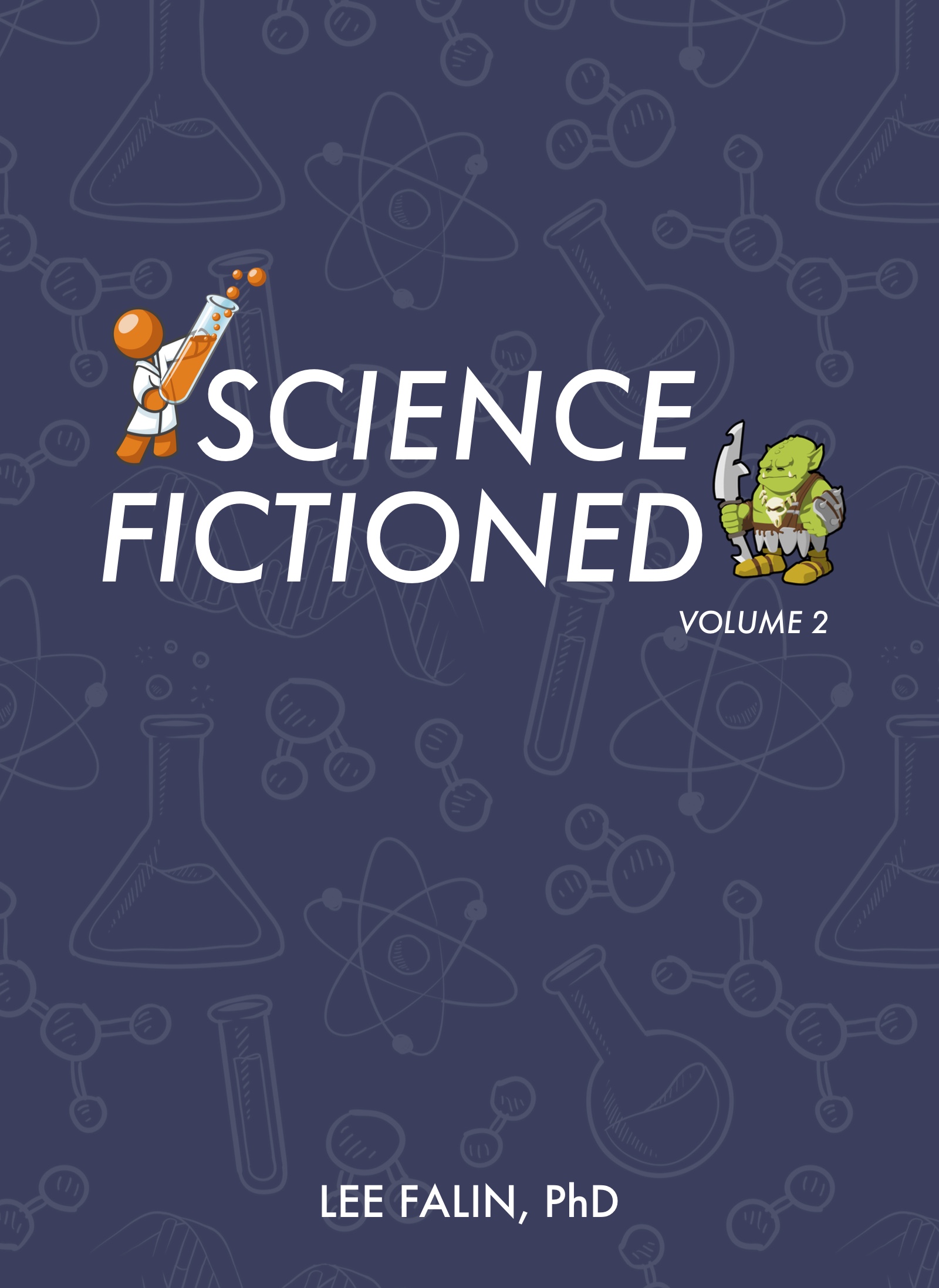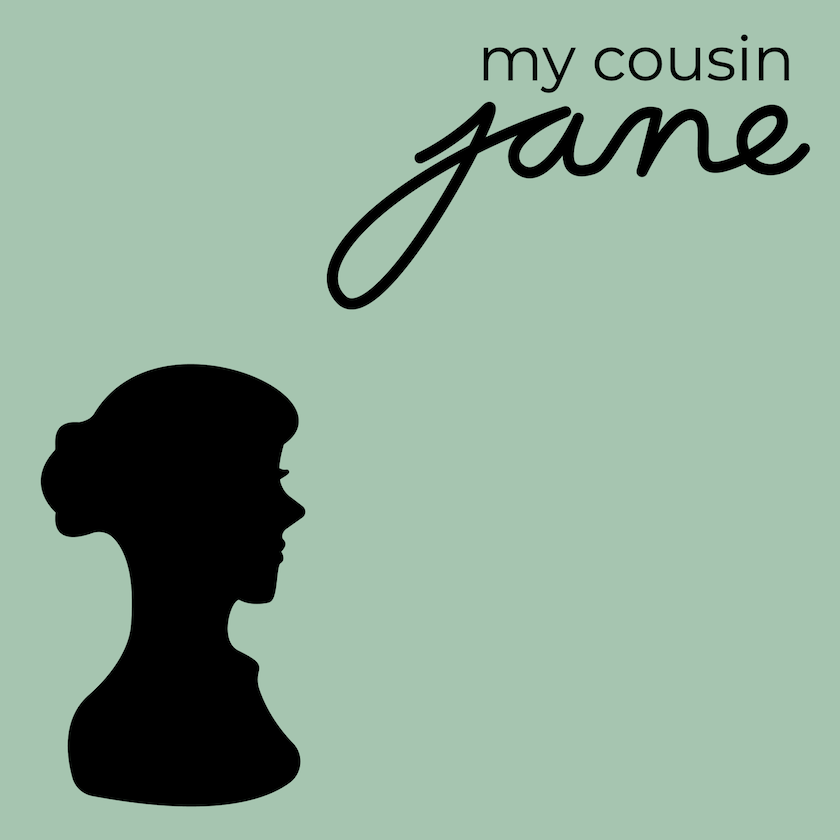Complete Works
Fiction Books
Articles
TOR / Reactor Magazine
The Science of Future Past
The Science of Future Past is a series I wrote for TOR, which explores whether early science fiction writers were predicting the future or helping to define it.
Each article highlights a set of concepts invented or popularized in classic works of science fiction, and then explores how those concepts have taken shape in modern times.
The first part of the series focuses on Isaac Asimov’s classic book, Foundation, while the second part looks at the technology of Frank Herbert’s Dune.
- The Science of Future Past: Foundation - Did Asimov Predict Wikipedia? Reactor Magazine, 12 December 2012
- The Science of Future Past: Foundation - The Priesthood of Science Reactor Magazine, 3 January 2013
- The Science of Future Past: Foundation - DNA Steganography Reactor Magazine, 8 January 2013
- The Science of Future Past: Foundation - Spy Beams and Field Distorters Reactor Magazine, 24 January 2013
- The Science of Future Past: Foundation - Transmutation Reactor Magazine, 1 February 2013
- The Science of Future Past: Foundation - Food Preservation Reactor Magazine, 21 February 2013
- The Science of Future Past: Dune - The Box Reactor Magazine, 10 July 2013
- The Science of Future Past: Dune - Hunter-Seeker Reactor Magazine, 1 August 2013
- The Science of Future Past: Dune - Sandworms of Arrakis Reactor Magazine, 7 August 2013
The Science of Allomancy
The Science of Allomancy series applies real-world science to the question of how various metals and alloys might fuel the powers of the Allomancers in Brandon Sanderson’s Mistborn series.
- The Science of Allomancy in Mistborn: Tin Reactor Magazine, 15 May 2012
- The Science of Allomancy in Mistborn: Copper Reactor Magazine, 23 May 2012
- The Science of Allomancy in Mistborn: Zinc and Brass Reactor Magazine, 30 May 2012
- The Science of Allomancy in Mistborn: Pewter Reactor Magazine, 13 June 2012
- The Science of Allomancy in Mistborn: Iron and Steel Reactor Magazine, 22 August 2012
One-Offs
My favorite, and most popular article for TOR was based on an observation one of my young daughters made while watching the movie, "Honey, I Shrunk the Kids". She noticed that the relative scale of various objects in the movie were inconsistent.
- Honey, I Shrunk the Kids and the Science of Scale. Reactor Magazine, 31 August 2012
Scientific American
Transcripts for some of the episodes of the Everyday Einstein science education podcast were also published in Scientific American.
- Why Do Apples Turn Brown? Scientific American, 19 September 2012
- What is a Neural Network? Scientific American, 14 November 2012
- Why Are Weather Forecasts Often Wrong? Scientific American, 9 January 2013
- What’s a Capacitor? Scientific American, 6 March 2013
- What Is “Supersonic”? Scientific American, 10 July 2013
- Correlation vs. Causation Scientific American, 2 August 2013
- What Is Gluten? Scientific American, 31 October 2013
- Should You Worry about the Ebola Outbreak? Scientific American, 26 November 2014
- Can Turmeric Prevent or Cure Disease? Scientific American, 25 March 2015
Medium Publications
An eclectic collection of articles written for various publications hosted on Medium:
- Elemental: How I Used Video Gaming Research to Get Healthy Elemental, 30 August 2019
- The Writing Cooperative: Three Questions Every Writer Has To Answer To Be Successful The Writing Cooperative, 6 August 2019
- Medium: The Crazy and Wonderful State of Web Development The Writing Cooperative, 7 October 2016 (This article is also included in the list of readings for CompSci 290 at Duke University)
Podcasts
My Cousin Jane is a podcast produced by Jane Austen’s cousin, Lee Falin—well, her 8th cousin, 6 times removed—about the life and works of Jane Austen.
Rather than explore the “literary themes and ethos of Jane Austen”, or something else you might hear about in a graduate level English Lit class, My Cousin Jane presents a light hearted, chapter-by-chapter collection of segments that one could think of as the “Deleted Scenes” or “Bonus Features” of Austen’s works.

For just over two years, I was the writer and host of the Everyday Einstein science education podcast (since rebranded as Ask Science), part of Macmillan’s Quick and Dirty Tips podcast network.
The podcast was regularly in the top 10 K-12 educational podcasts on iTunes, and transcripts of some episodes were featured in Scientific American.
Podchaser contains an archive of all of the episodes I hosted.
Research Papers
These days I write more science fiction than science fact, but over the years I have written or contributed to a few research papers and academic conferences:
-
Ensembl Genomes 2016: more genomes, more complexity. Kersey, Paul; et al. – Nucl. Acids Res. (04 January 2016) 44 (D1): D574-D580
-
Ensembl Genomes 2013: Scaling up access to genome-wide data. Kersey, Paul; et al. – Nucl. Acids Res. (1 January 2014) 42 (D1): D546-D552
-
Using Interpolation to Estimate System Uncertainty in Gene Expression Experiments. Falin LJ, Tyler BM (2011) – PLoS ONE 6(7): e22071.
-
Systems Uncertainty in Systems Biology & Gene Function Prediction Falin LJ (2011) – PhD Dissertation
-
Adapting Teaching to the Needs of the Learner VT Hokie Stone Commemoration – 2010
-
System Uncertainty in Gene Expression Data VT Graduate Research Symposium – 2010
-
Microarray Data Inference ACC Interdisciplinary Forum for Discovery in the Life Sciences – 2010
-
Microarray Data Inference ISCB Intelligent Systems for Molecular Biology – 2010
-
OpenCL – Now Everyone Has a Super Computer (Almost) Virginia Bioinformatics Institute – 2009
-
Inference of Functional Modules in Regulatory Networks Virginia Bioinformatics Institute – 2007
University Courses
If you're interested in game design, software development, or machine learning, you may find the materials in some of my old university courses to be useful:
BYU-Idaho
Southern Virginia University
- Game Design Patterns and Game Development
- Software Engineering & Software Project Management
- Database Systems
- Theory of Computation
- Software Engineering
University of the Cumberlands
- Essentials of Gamification
- Game for Learning and Simulation
- Advanced Multiplayer



